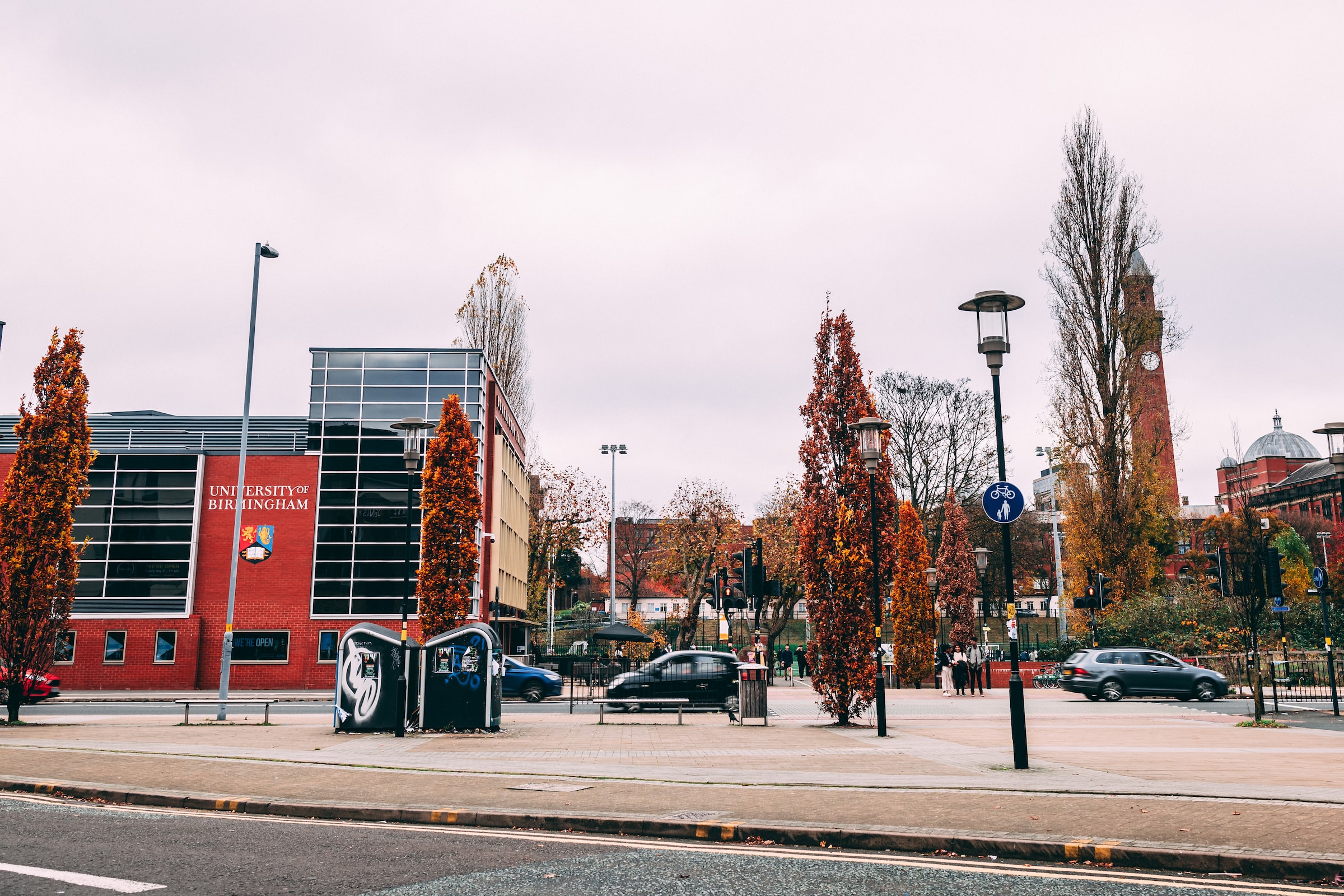
Food&Drink Writer Kitty Jackson discusses the importance of Birmingham’s Clean Kilo, the country’s leading zero-waste supermarket
Clean Kilo, Birmingham’s own zero waste supermarket, is the latest recipient of the OFM Best Ethical Food Project award. Since 2018, they have been successfully catering to a world in which ethical consumption is, and must be, a priority, and are the largest plastic free supermarket in the country. The premise is simple: they stock food, from rice and cereals to fr esh organic vegetables, in crates and dispensers for customers to fill their own reusable containers with. The website states that since opening they have ‘saved nearly 130,000 pieces of plastic from potentially existing/entering the environment.’ Although similar shops are emerging across the country, Clean Kilo stock a diverse range of products, as well as providing innovative opportunities, such as making your own nut butter in store.
WRAP reported that in 2015 approximately 10.2 million tonnes of food was thrown away in the UK
A second branch opens on November 9th in suburban Bournville, an important move to change consumer habits. This new location, much closer to the University and Selly Oak, will serve a different purpose; the increased convenience means it will, hopefully, encourage people to go more frequently for top ups as opposed to buying in bulk, and replace the regular purchasing of packaged goods. Accessibility is a key aspect of Clean Kilo’s success, they ensure that prices are competitive – The Guardian reveal that some products are in fact cheaper, such as herbs and spices. It also helps to alleviate the huge problem of food wastage, WRAP reported that in 2015 approximately 10.2 million tonnes of food was thrown away in the UK. Being able to decide how much of each product you buy means less excess will be binned, often the result of supermarket’s multibuy deals.
Businesses such as Clean Kilo are doing crucial work in encouraging change, but are aware that as a small independent business their outreach is relatively limited. The Guardian reports that they offer ‘consultancy services to emerging zero-waste retailers’, and the pressure of such businesses on large corporations is being seen. Waitrose recently trialled a similar model, offering dry goods and frozen fruit in a dispenser format for customers to fill their own containers. Crucially, these products were approximately 15% cheaper than their packaged counterparts, making the option even more appealing. However this was in just a few stores, to really create change it must be adopted nationwide. Similarly, Sainsbury’s recently replaced plastic bags for their loose fruit and vegetables with paper alternatives.
Businesses such as Clean Kilo are doing crucial work in encouraging change, but are aware that as a small independent business their outreach is relatively limited
The award celebrated other innovative companies, such as the Bristol founded Boston Tea Party cafes, a name that likely rings a bell to Birmingham students as they have several popular branches in the city. Since being the first to introduce a single-use coffee cup ban, they state that they have stopped ‘more than 200,000 cups going to landfill’. If you do purchase one of their delicious iced coffees to take away, rest assured the cup and paper straw will be compostable. Their ethical values encompass all aspects of their service, using Fairtrade coffee, free range eggs and organic food products in their cafes. Another enterprise that was a runner up for the award was Hackney organisation Bags of Taste. They offer free cooking classes, and bags of ingredients, which serve four, for just £3. This is beneficial not only with regard to promoting healthy, natural eating in an accessible way, but also encourages people to move away from the packaging of takeaways and ready meals. Finally, OFM commended Social Bite, a cafe in Edinburgh that distributes food to those in need, both reducing wastage and confronting the pressing issue of food poverty. Further to this, they offer jobs to those who are homeless and struggling to get employment opportunities, which has been incredibly successful; they state on their website that they employed 32 people affected by homelessness in 2018, and offered volunteering opportunities to 45.
The award highlights the variety of ways in which issues of sustainability, wastage and accessibility within the food industry can be dealt with, and the importance as consumers of supporting those who are creating positive progress and change.

Comments